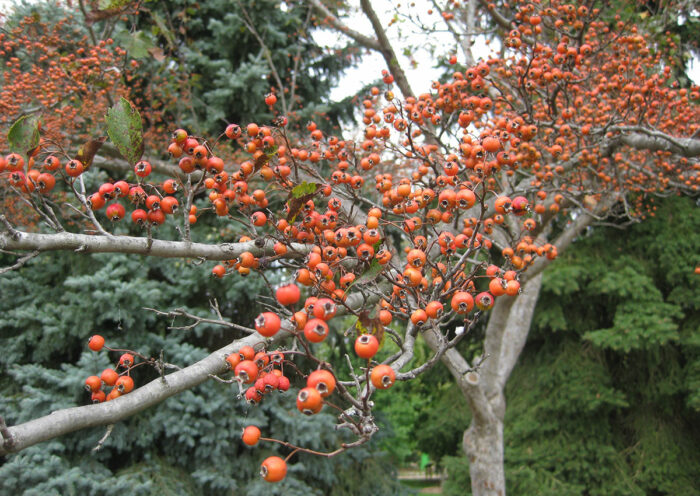
As Midwest gardeners look out onto our winter landscapes, thoughts of spring are constantly running through our heads. Splashes of color in winter gardens help keep us going until spring arrives. This color might be provided by colorful stems, ornamental bark, or perhaps colorful fruit on select woody plants. These fruits may prove essential as a food source for wildlife to survive during winter. Planting fruit-bearing trees and shrubs with late-season, persistent berries is an easy way to help support area wildlife, particularly birds.
Five excellent selections of woody plants with fruit that persists through winter are listed below. Once established, they will provide a perennial, reliable food supply that is much appreciated by area wildlife. As gardeners, we’ll enjoy the colorful displays in winter as well.
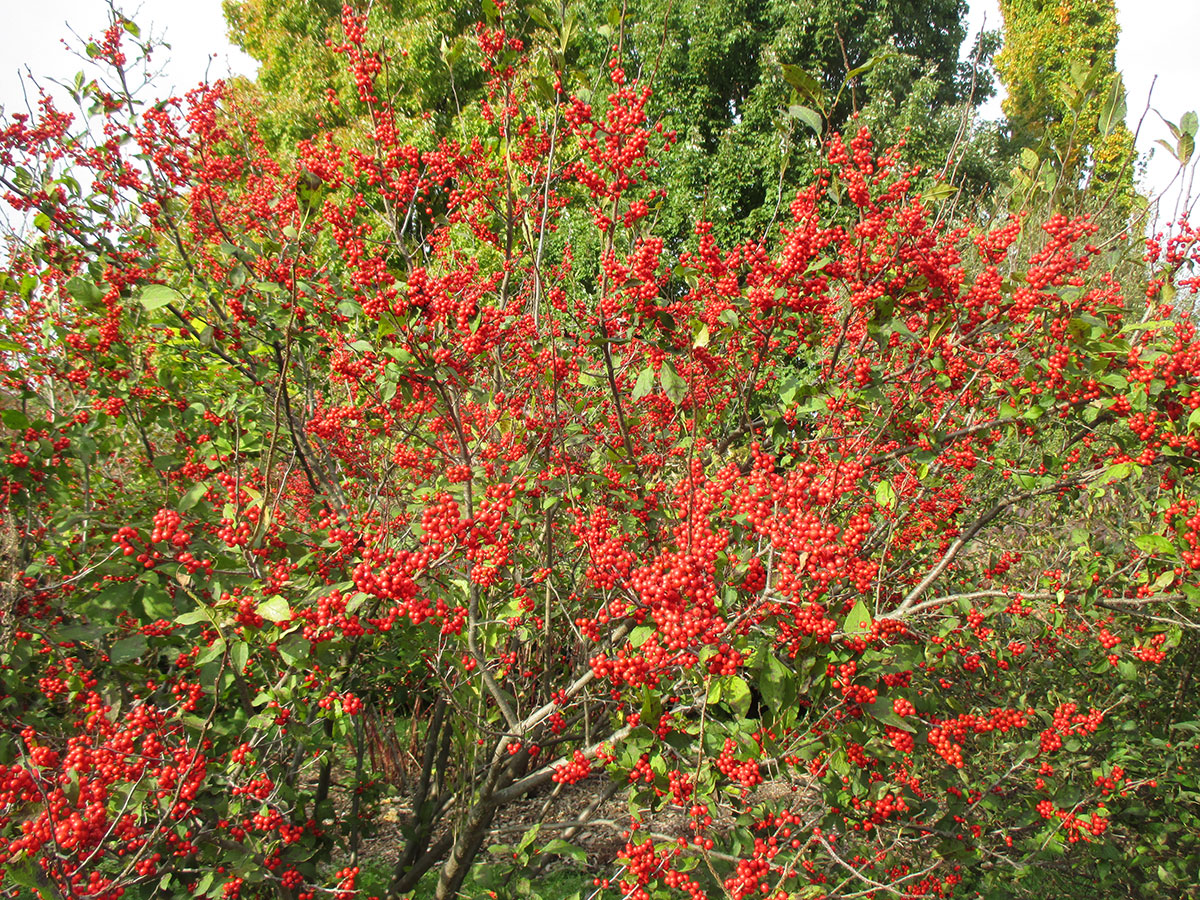
Winterberry
Ilex verticillata and cvs., Zones 3–9
Winterberry features a profusion of vivid red berries that last all winter long. This is a dioecious species, meaning that it has different male and female plants. One male plant can pollinate six to ten female plants. Only the females will produce berries. Research will confirm the best corresponding male pollinator needed for a specific female variety. Winterberry prefers moist, acidic soils; it will not thrive in neutral or alkaline soils. It grows well in full sun to partial shade and reaches 6 to 10 feet tall and wide at maturity. Once established, winterberry looks amazing in winter. There are many varieties to choose from, including compact forms and those with yellow, gold, or orange berries instead of red.
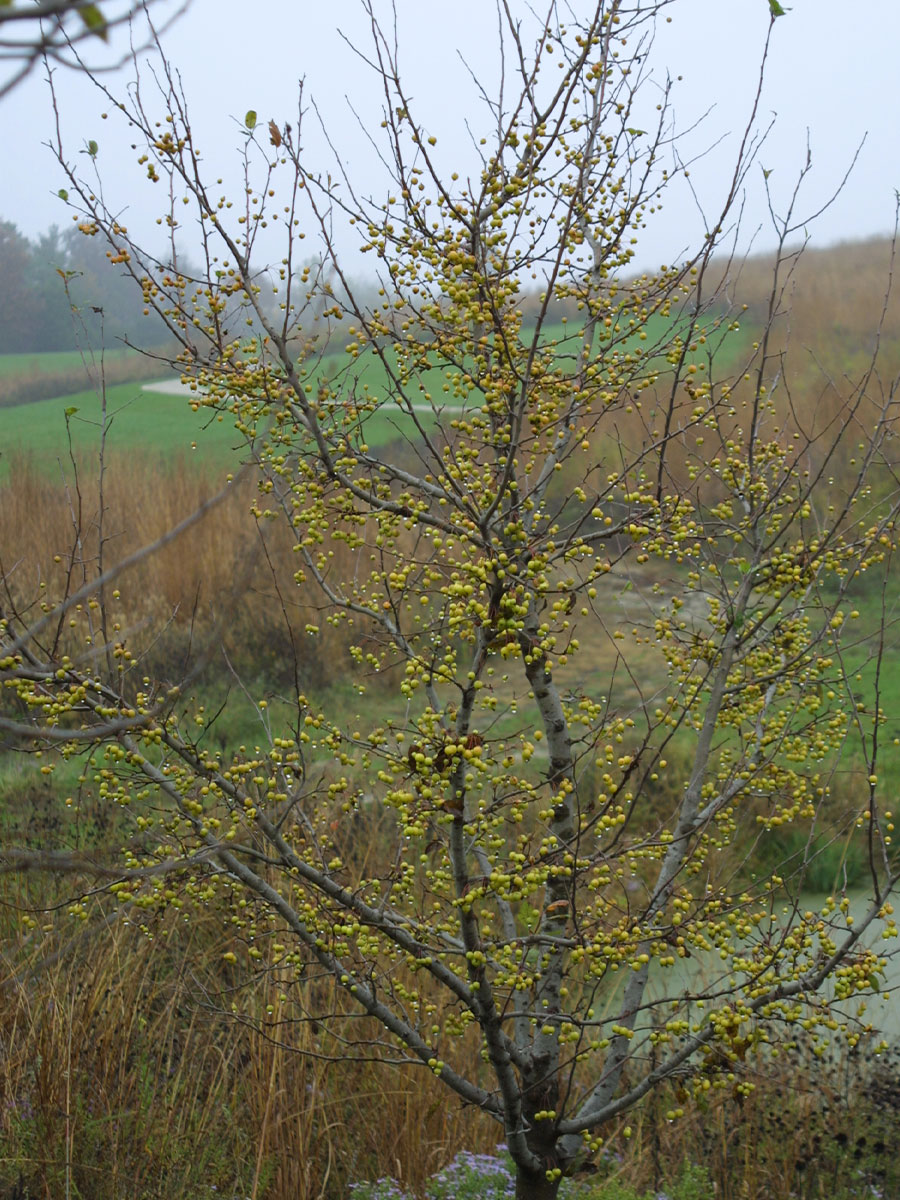
Crabapple
Malus spp. and cvs., Zones 4–8
While we can certainly appreciate crabapples for their spring flowers, many have colorful and persistent fruits that help support a wide range of wildlife over the lean winter months. Crabapples are widely adaptable and drought tolerant once established. The fruits gradually become more palatable to wildlife after freezing weather sets in, but not all varieties are of interest to birds. Some common selections that have proven wildlife value include ‘Snowdrift’, ‘Indian Magic’, ‘Profusion’, Harvest Gold® (‘Hargozm’), and ‘Prairifire’. Many varieties of crabapples are available, including ones with dwarf, weeping, and columnar forms. Most achieve around 15 to 20 feet in height and width and grow best in full sun.
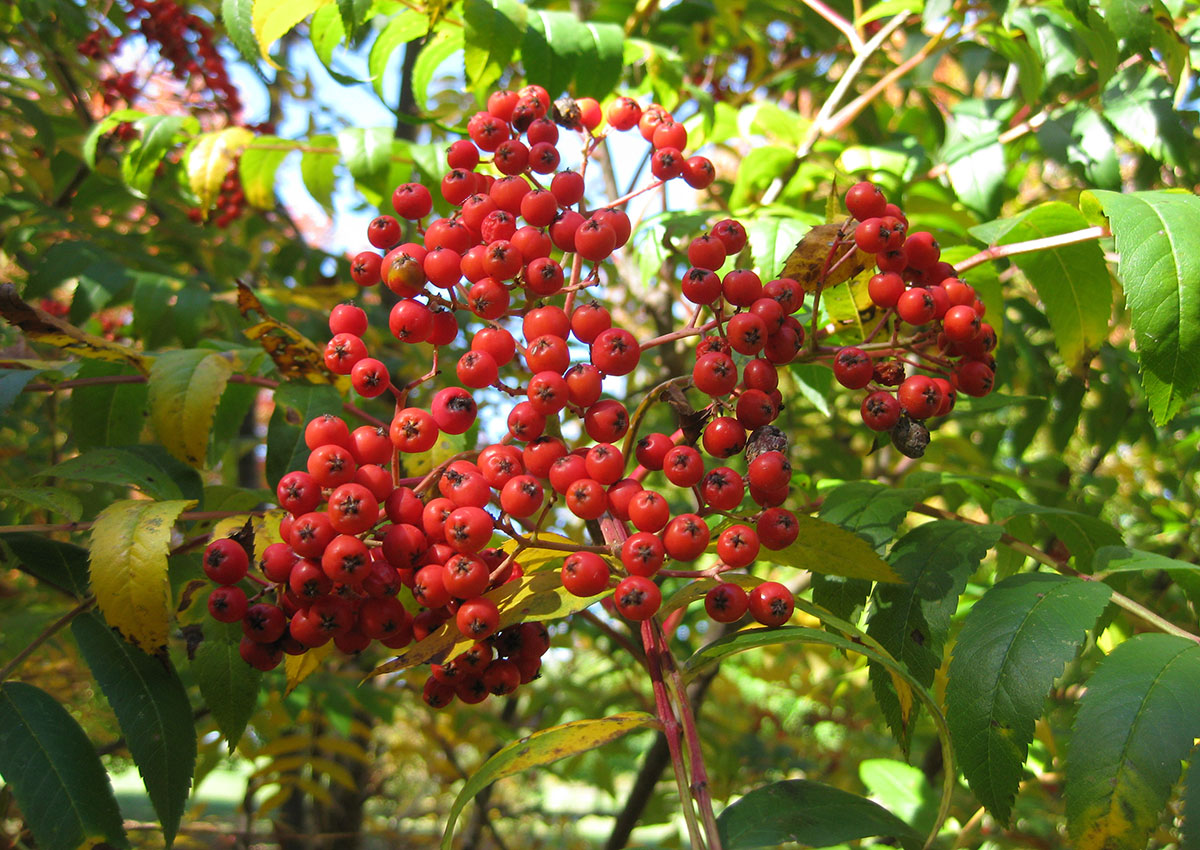
Red Cascade™ American mountain ash
Sorbus americana ‘Dwarfcrown’, Zones 3–6
This variety of the native American mountain ash has found a wide range of use in gardens, particularly those with a focus on wildlife. The pinnately compound leaves, which turn yellow in fall, offer great texture all season long. Clusters of marble-size fruits turn from orange to red from summer into fall. These acidic berries become more palatable for wildlife after winter settles in and temperatures are cold. Red Cascade™ reaches 20 feet tall and 8 feet wide and prefers full sun. This variety is a wildlife magnet in the winter months, and the fruiting clusters are very ornamental.
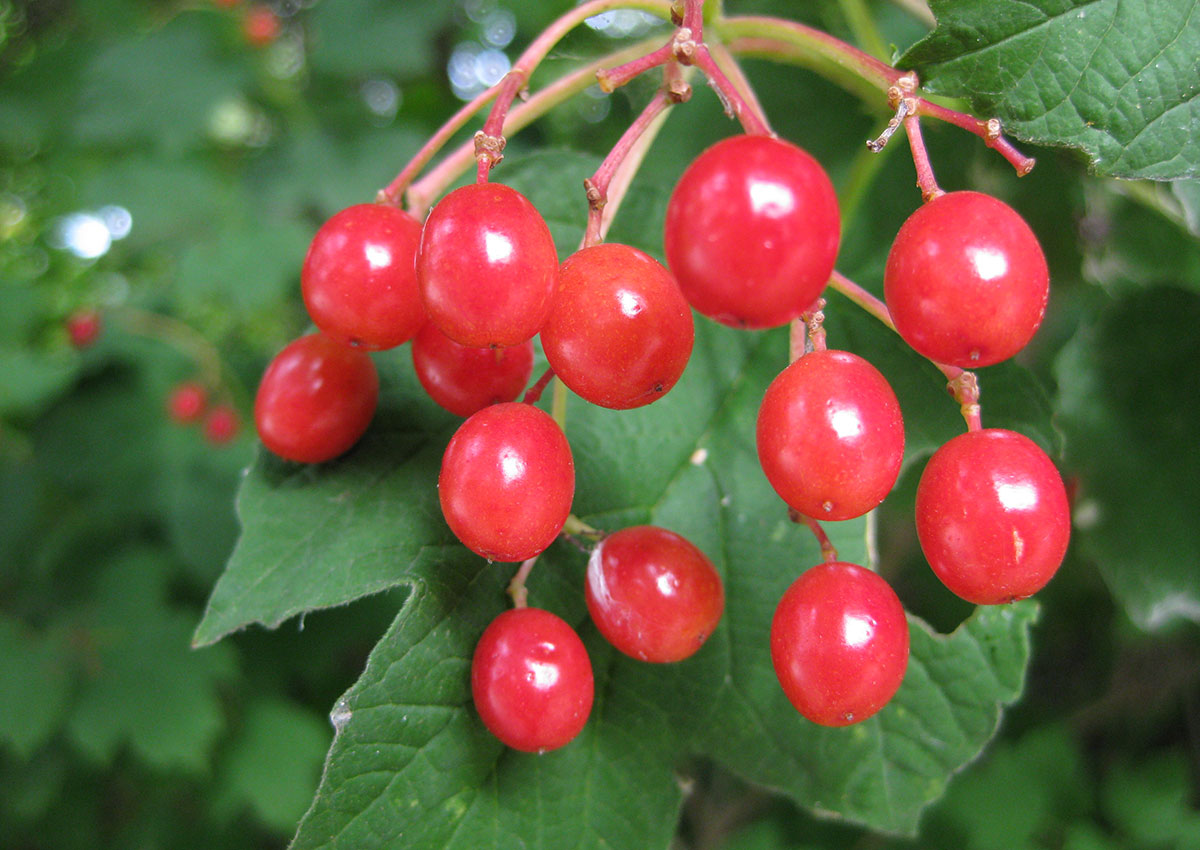
American cranberrybush
Viburnum opulus var. americanum, Zones 2–7
This native viburnum produces colorful summer fruits (drupes) that, even after shriveling with frost, offer a great snack for a wide range of birds and small mammals. Its fall foliage is a lovely red. American cranberrybush will reach 8 to 12 feet tall and wide in time and takes full sun to partial shade. If viburnum leaf beetles and crown borers are a problem in your area (this selection is susceptible to both), consider other viburnums such as arrowwood viburnum (V. dentatum, Zones 2–8) or linden viburnum (V. dilatatum, Zones 5–8). Both also look stunning in winter.
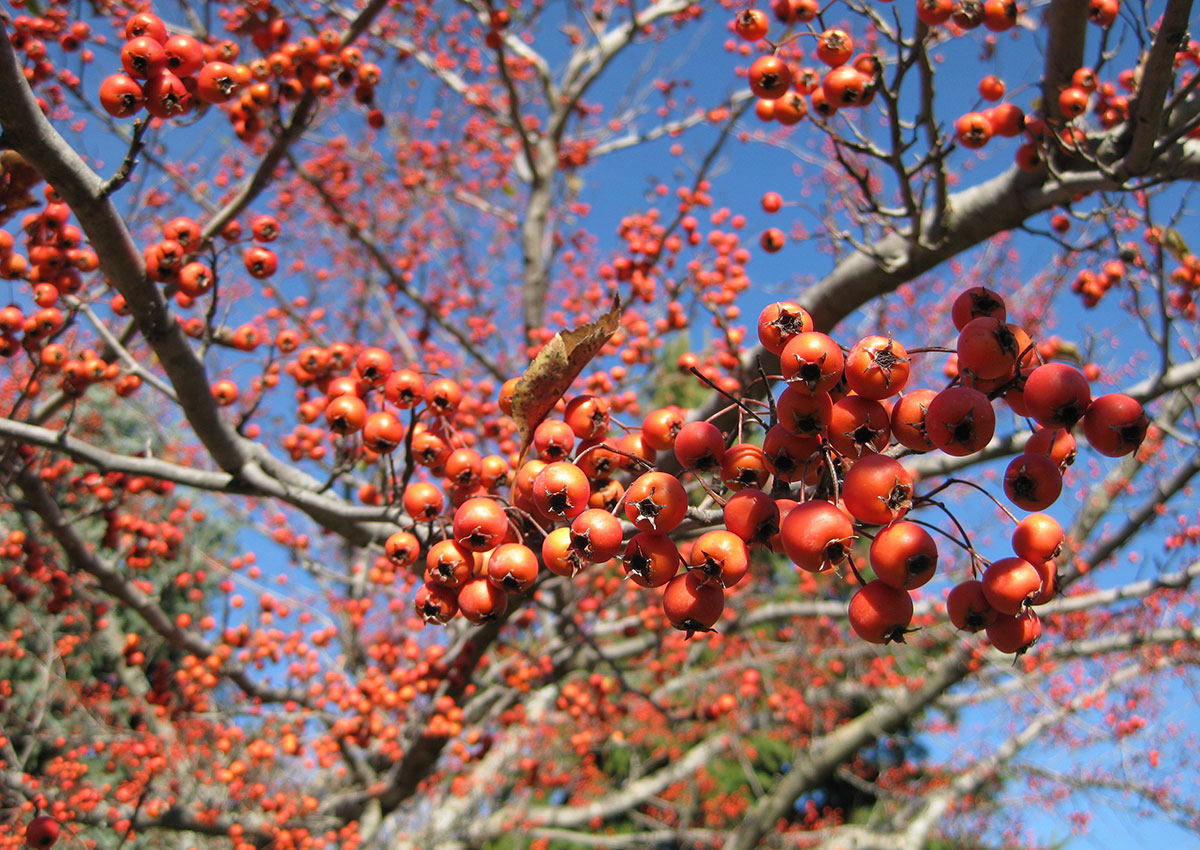
‘Winter King’ green hawthorn
Crataegus viridis ‘Winter King’, Zones 4–7
This almost thornless selection of hawthorn grows 30 feet tall and wide and is tolerant of urban conditions. It features white spring flowers followed by orange-red fruits (pomes) that ripen in late summer and persist well into winter. It is best grown in full sun and is disease resistant. ‘Winter King’ is popular with gardeners and wildlife alike and deserves greater appreciation and use in our landscapes.
—Mark Dwyer is the garden manager for the Edgerton Hospital Healing Garden in Edgerton, Wisconsin, and he operates Landscape Prescriptions by MD.
Fine Gardening Recommended Products
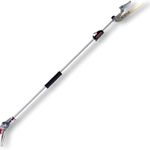
ARS Telescoping Long Reach Pruner
Fine Gardening receives a commission for items purchased through links on this site, including Amazon Associates and other affiliate advertising programs.
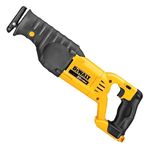
DeWalt Variable-Speed Cordless Reciprocating Saw
Fine Gardening receives a commission for items purchased through links on this site, including Amazon Associates and other affiliate advertising programs.
- 18.31 x 6.13 x 4 inches
- 1-1/8-inch stroke length
- Variable speed trigger with 0-3000 spm





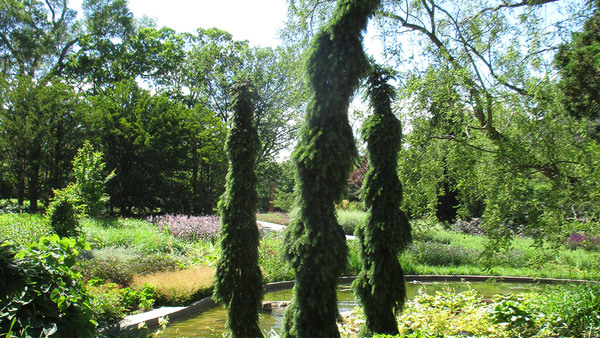
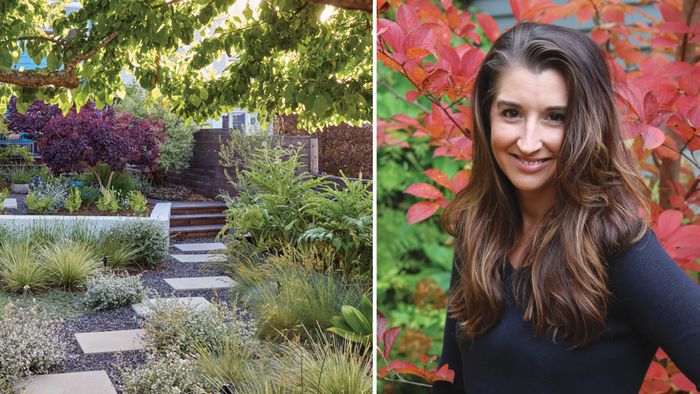
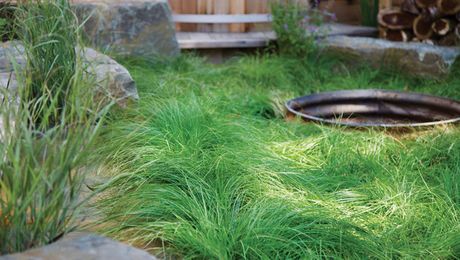
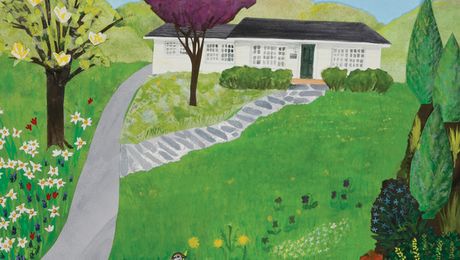










Comments
Log in or create an account to post a comment.
Sign up Log in